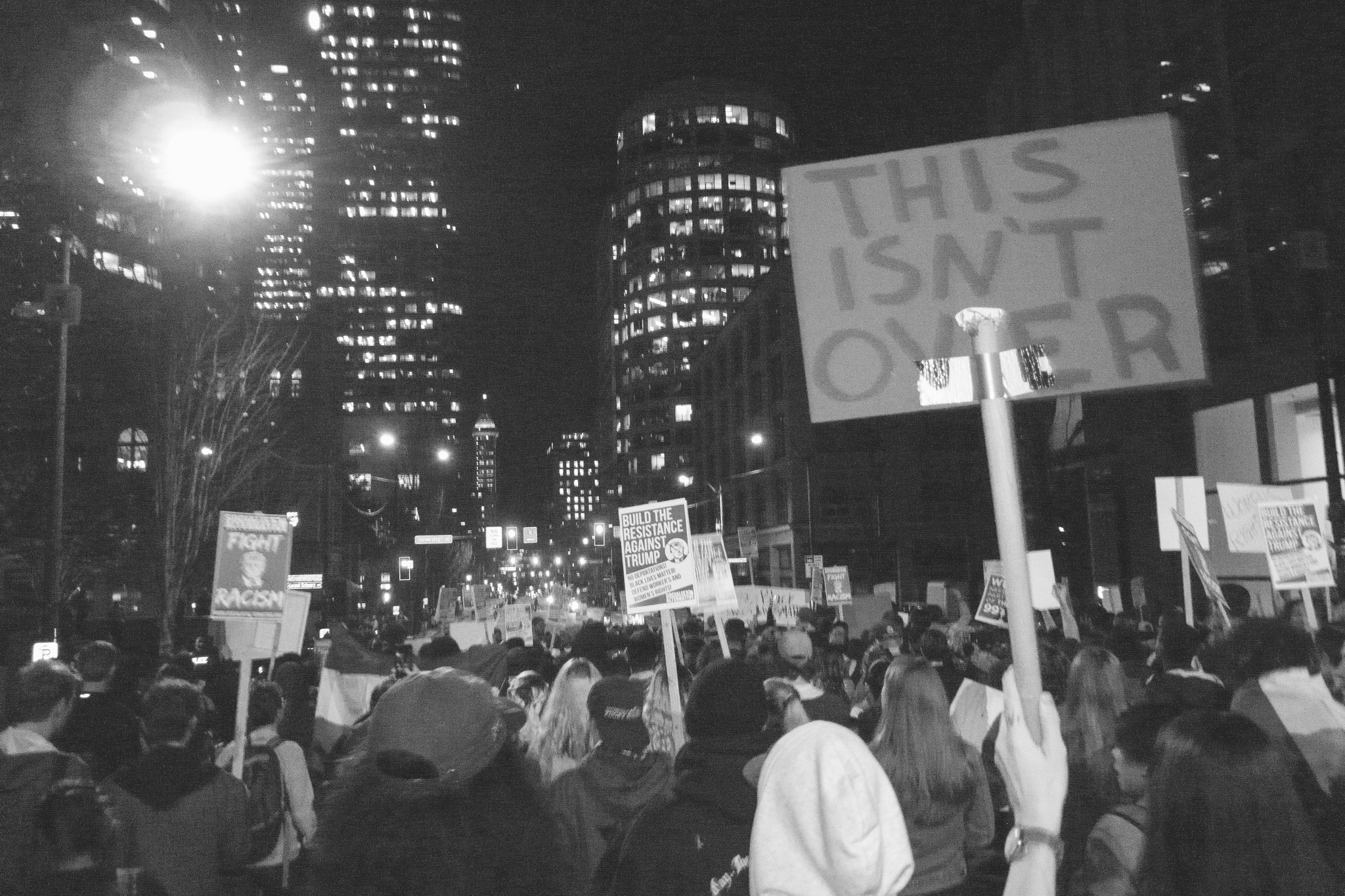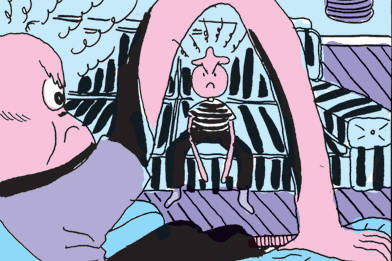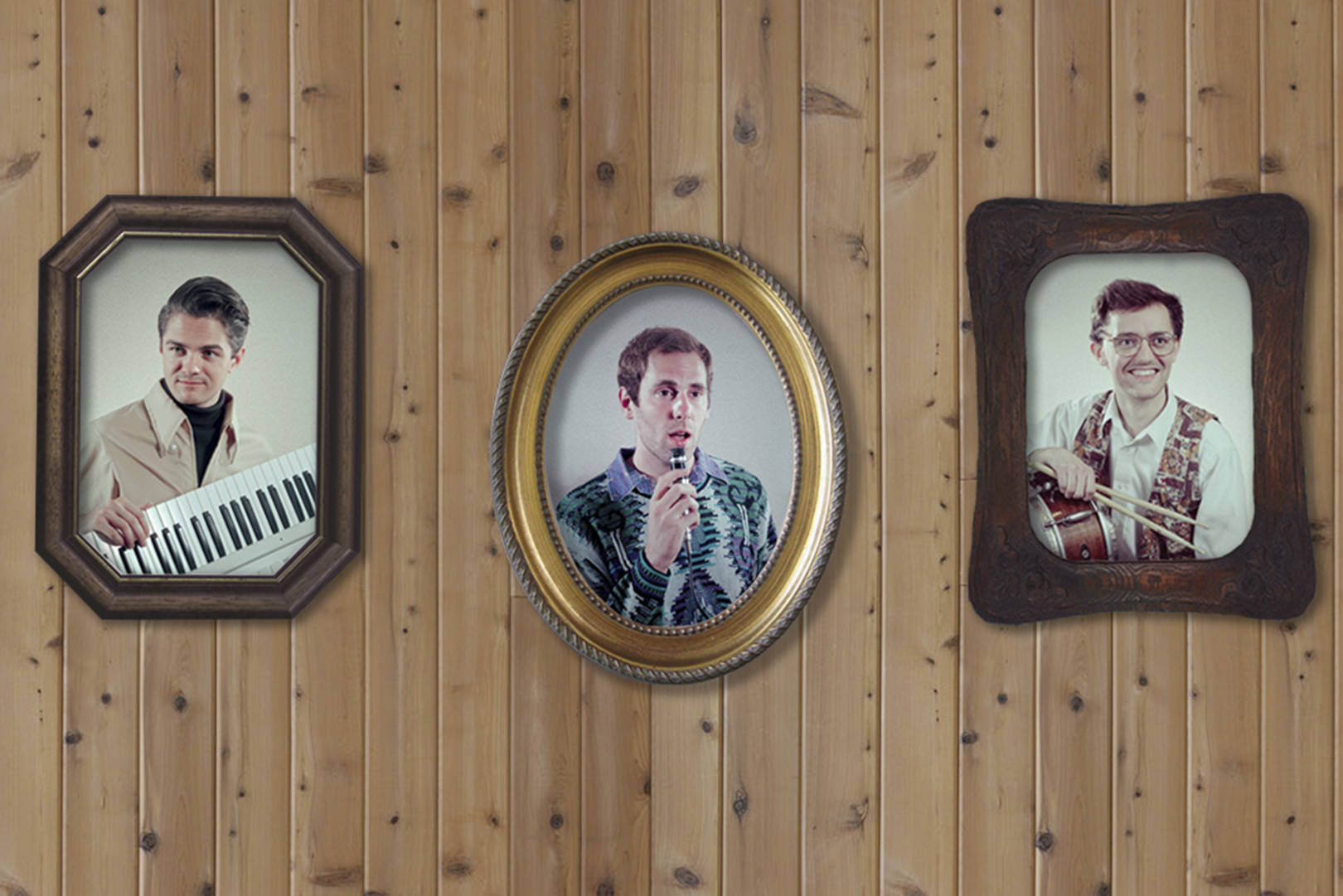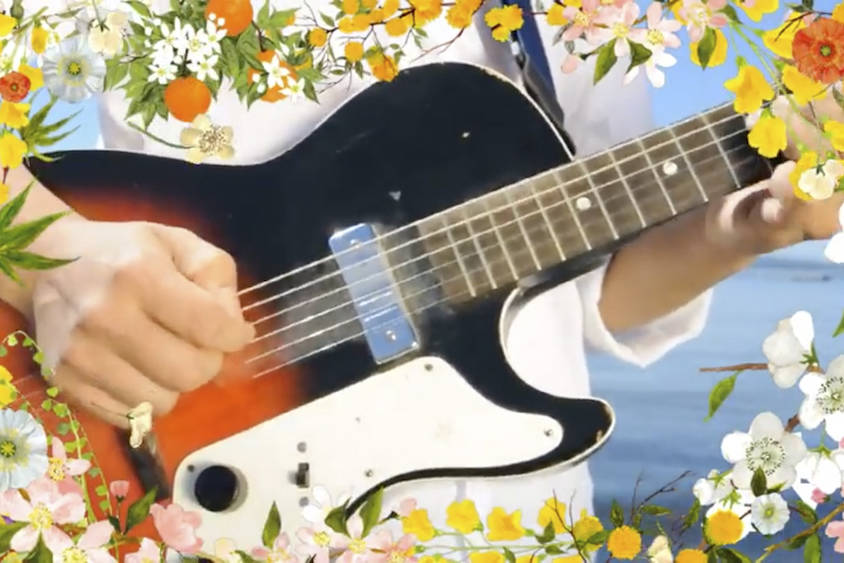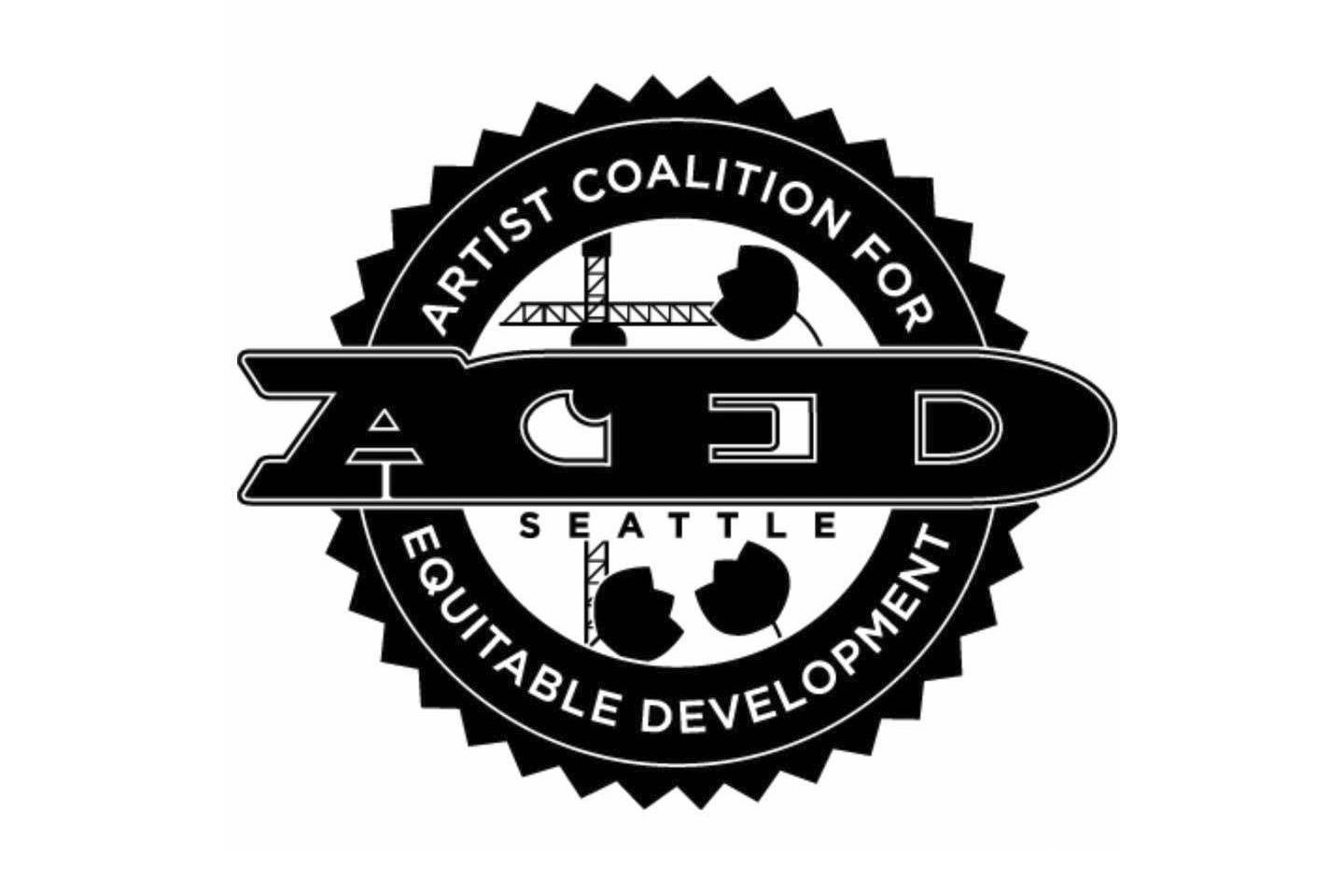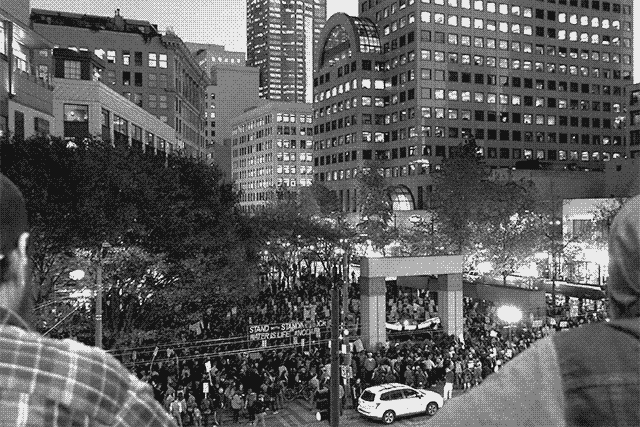
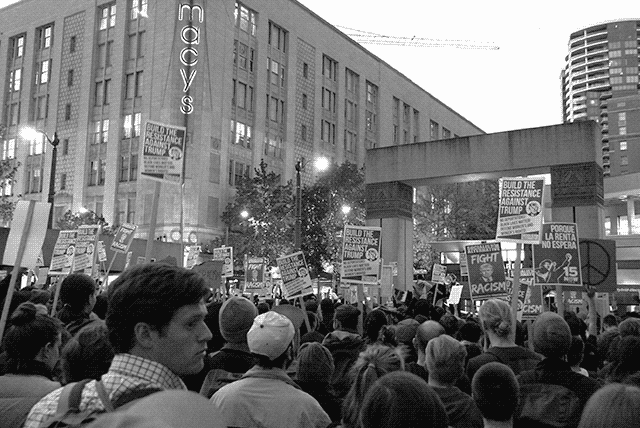
Soon after socialist councilmember Kshama Sawant ended the opening speaking portion of last night’s anti-Trump protest at Westlake, drawing deafening cheers with her call to “occupy inauguration day,” a small scuffle broke out on the edge of the crowd.
A man wearing a U.S.A. flag bandana and a shirt proclaiming “One Nation Under GOD” began to shout “Respect God! Respect Trump! Respect Trump!” A woman, one of the many in the crowd with the Cascadian flag draped around her shoulders like a cape, jabbed her finger toward the man, her face twisted up in raw disbelief. “Respect Trump?” she exclaimed. “Respect a rapist? Would you respect Trump if he had raped your mom?” [Referencing Trump’s numerous rape and sexual assault allegations and “grab her by the pussy” recording.]
“You’re making my God look bad!” another woman in the crowd shouted at the man.
“If there was a God,” an older, weary looking man sighed, “Trump would not be in office.”
Maybe it was all the Cascadian flags dotting the thousands-strong throng—a symbol charged with new energy thanks to the West’s solid blue electoral wall—or maybe it was the overwhelming, once-stigmatized socialist sentiment and messaging on display that Sawant and Bernie Sanders have normalized—but Seattle couldn’t have felt any further from the United States last night. At one point, another woman wearing a Cascadian flag, holding a sign with the message “We can secede,” let out one of the most primal, guttural screams I have ever heard in my life, echoing through downtown for what seemed like a whole solid minute. The crowd responded with stunned applause. They knew the feeling.
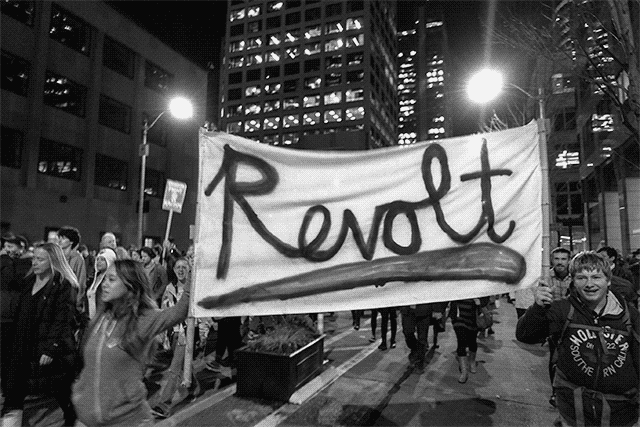
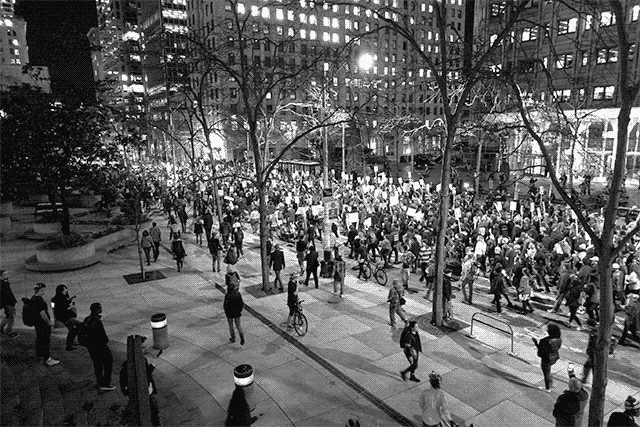
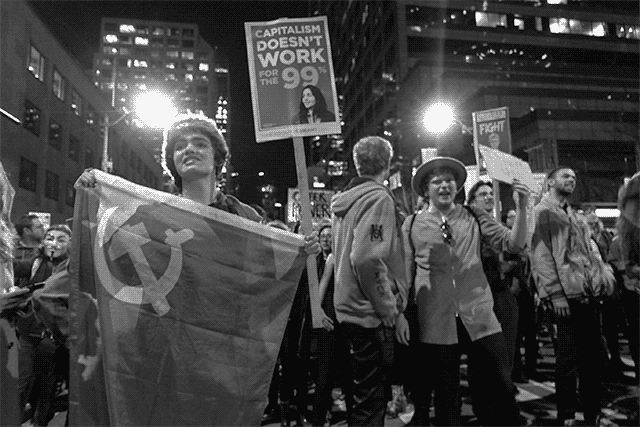
But the most startling thing about last night’s peaceful Anti-Trump protest (which, contrary to confusing initial news reports, was unrelated to the shootings downtown), was how truly intersectional it was. The crowd was unified not just in their disgust for Trump, but in their support for a huge range of issues emblazoned on the sea of signs and banners that flooded the streets. “Not My President” may have been the bedrock chant of the protest, but it was remarkable how fluidly and dynamically that chorus shifted throughout the night. “Black Lives Matter!” “Water is Life!” ” Her body, her choice!” “Hey hey, ho ho, misogyny has got to go! Hey Hey, ho ho, racism has got to go!” “Immigrant Rights!” “No Anti-Gay, No KKK, No Facist USA!” “Pussy grabs back!” Each credo was given voice in turn by the crowd—one made up of people of color, white folks, LGBTQ folks, indigenous Americans, young people, old people, men and women—a voice that grew stronger as the cries of “off the sidewalks into the streets!” drew bystanders in. None of the drivers stalled by the march seemed peeved—almost all honked in support, reaching their hands out for high fives or balled up fists of solidarity. A woman driving a Microsoft Connector bus filmed the procession through the window with her phone, smiling and nodding.
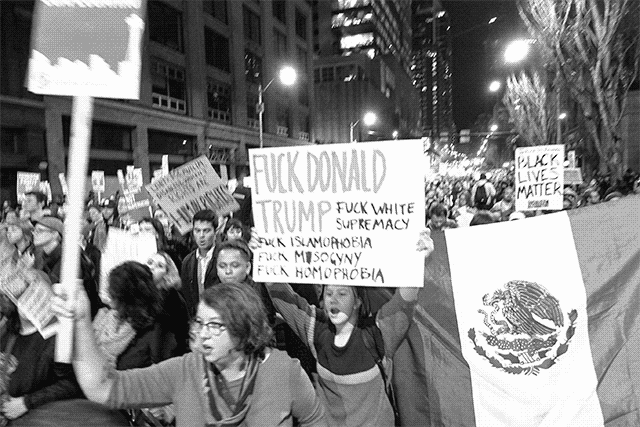
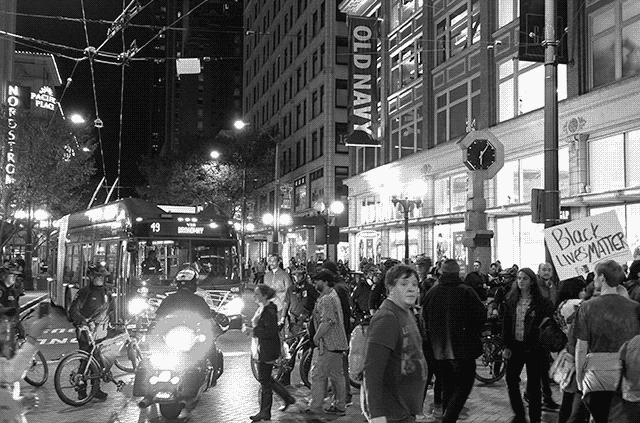
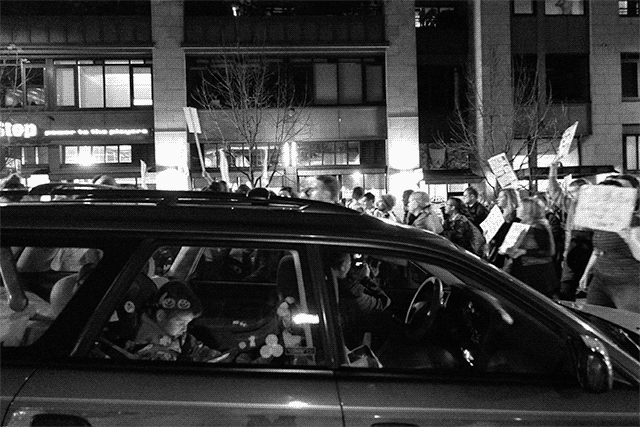
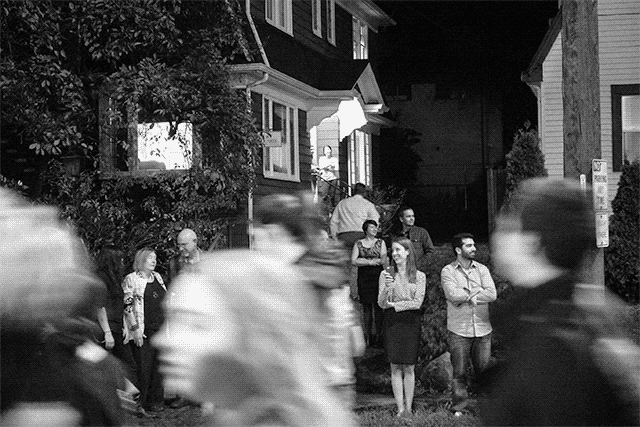
For many, the past two days have felt something akin to a waking nightmare, or the beginning of an ending. But the strength and vindication of Seattle’s community last night was a palpable, cathartic antidote to that despair—a reminder that, as many signs echoed, “this isn’t over.” Take Ann, a woman in the crowd who was marching despite the fact that she’d just had foot surgery. She wheeled herself along, chanting with the crowd with her foot in a brace, one leg on a knee scooter, and a crutch under her right arm.
“There was no hesitation about coming to this,” she told me. “I needed to be surrounded by like-minded people. The only day that’s been worse is the day my parents and brother died. I feel like everything I’ve fought for my whole life has been taken away.” Tears began falling down her face. “The only thing giving me hope is these young people out here, marching.”
If Seattle’s promises hold true, there are many more marches to come.
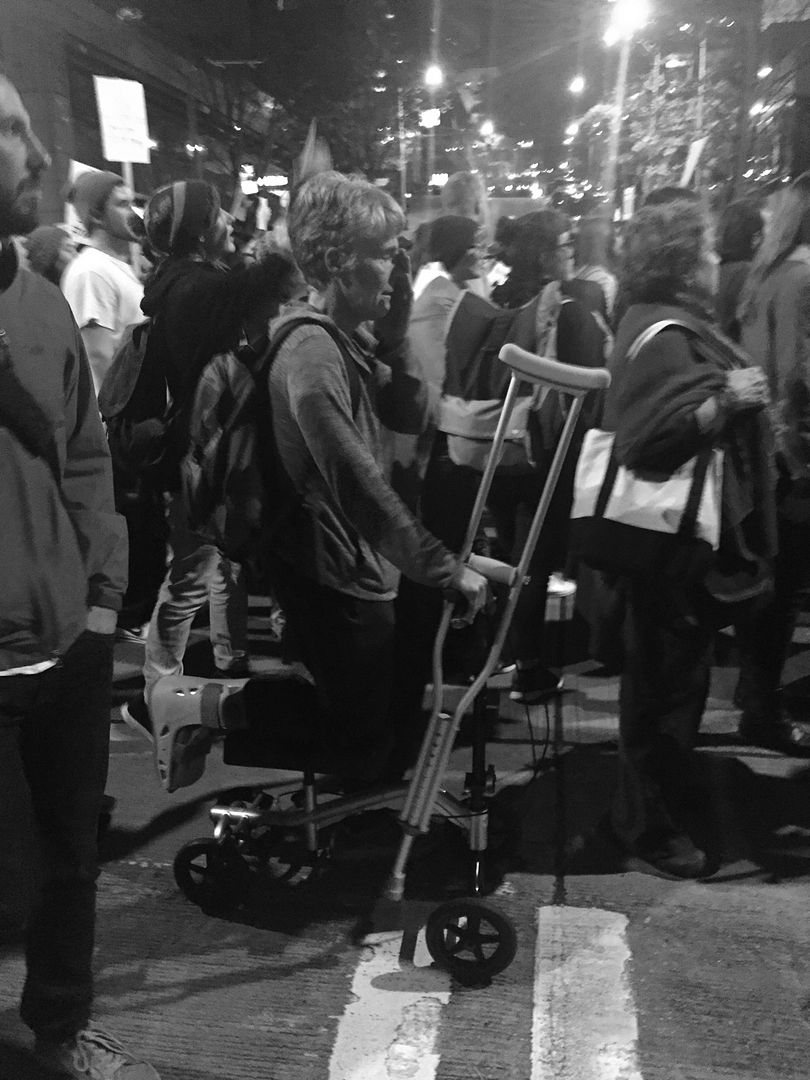
Words and photo by Kelton Sears, GIFs by Sofia Lee
